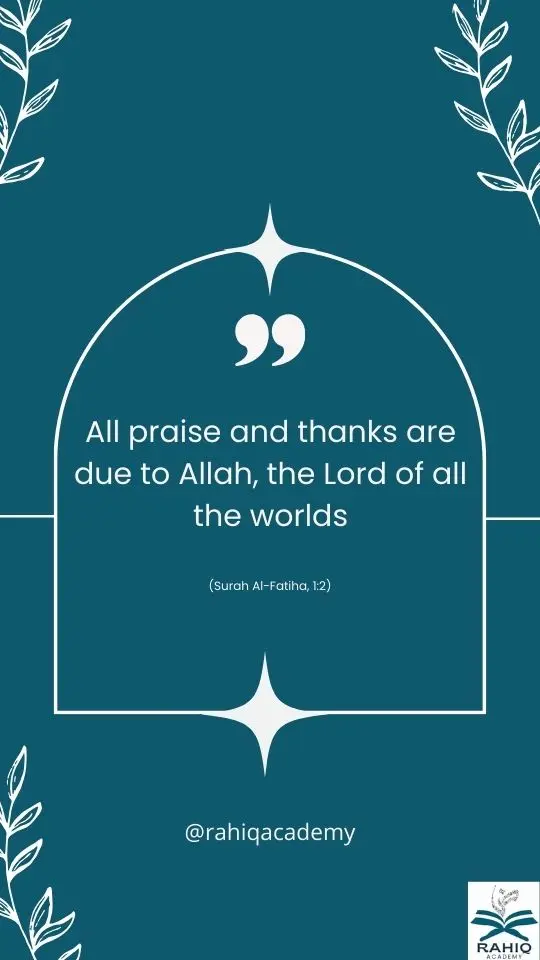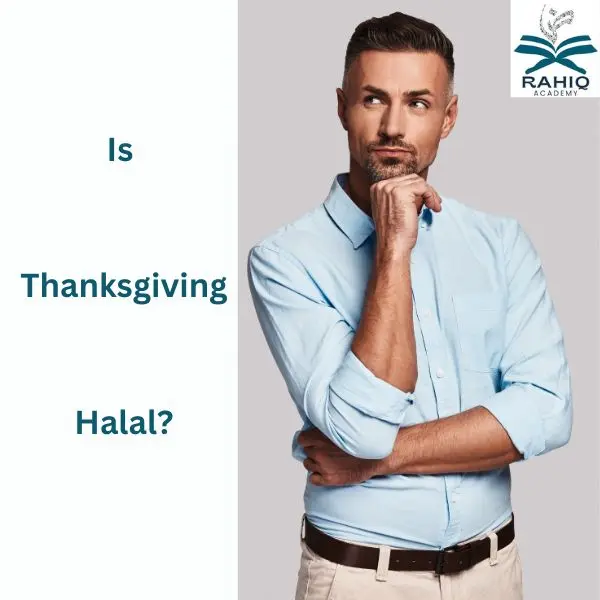Thanksgiving is widely celebrated in the United States and Canada as a day of gratitude, but for Muslims, especially those living in Western countries, the question arises: Do Muslim celebrate Thanksgiving ? This article explores the origins of Thanksgiving, how Muslims express gratitude daily, and whether celebrating Thanksgiving aligns with Islamic principles.
What’s the Confusion All About ?
The confusion surrounding whether Muslims can celebrate Thanksgiving lies in its origins as a non-Islamic holiday with Christian undertones. While Thanksgiving has evolved into a secular celebration of gratitude, some Muslims are unsure whether participating in such a holiday is permissible (halal).
Some scholars argue that expressing gratitude is in line with Islamic values. However, the Prophet Muhammad (peace be upon him) cautioned against imitating non-Islamic religious practices, saying:
مَنْ تَشَبَّهَ بِقَوْمٍ فَهُوَ مِنْهُمْ
“Whoever imitates a people is one of them”
(Sunan Abu Dawood, 4031).
This Hadith leads some to believe that engaging in non-Islamic celebrations could blur religious boundaries.
Aren’t Muslims Thankful Every Day?
In Islam, gratitude (shukr) is a daily practice. The Quran emphasizes the importance of giving thanks to Allah, stating:
لَئِن شَكَرْتُمْ لَأَزِيدَنَّكُمْ وَلَئِن كَفَرْتُمْ إِنَّ عَذَابِي لَشَدِيدٌ
“If you are grateful, I will surely increase you [in favor], but if you deny, indeed, My punishment is severe.”
(Surah Ibrahim, 14:7).
Muslims show gratitude in their daily prayers and through the frequent recitation of Alhamdulillah (All praise and thanks to Allah). The Prophet Muhammad (peace be upon him) also said:
مَنْ لَمْ يَشْكُرِ النَّاسَ لَمْ يَشْكُرِ اللَّهَ
“He who does not thank people does not thank Allah.”
(Sunan Abu Dawood, 4811).
This daily gratitude makes every day an opportunity for Muslims to give thanks, potentially rendering a specific day like Thanksgiving unnecessary.
How do Muslims Show Gratitude?
Muslims express gratitude in numerous ways, including prayer, charity, and acts of kindness. Daily prayers (Salah) include praise for Allah, beginning with the phrase:
الْحَمْدُ لِلَّهِ رَبِّ الْعَالَمِينَ
“All praise and thanks are due to Allah, the Lord of all the worlds.”
(Surah Al-Fatiha, 1:2).
Additionally, Muslims show gratitude by helping others and giving charity (sadaqah), reflecting the Prophet’s teachings:
عَنْ جَابِرٍ قَالَ قَالَ رَسُولُ اللَّهِ صَلَّى اللَّهُ عَلَيْهِ وَسَلَّمَ الْمُؤْمِنُ يَأْلَفُ وَيُؤْلَفُ وَلا خَيْرَ فِيمَنْ لا يَأْلَفُ وَلا يُؤْلَفُ وَخَيْرُ النَّاسِ أَنْفَعُهُمْ لِلنَّاسِ
5937 المعجم الأوسط للطبرانيJabir reported: The Messenger of Allah, peace and blessings be upon him, said, “The believer is friendly and befriended, for there is no goodness in one who is neither friendly nor befriended. The best of people are those who are most beneficial to people.”
Source: al-Mu’jam al-Awsaṭ lil-Ṭabarānī 5937
By practicing charity, reflecting on their blessings, and helping others, Muslims demonstrate gratitude beyond verbal thanks.
Is Thanksgiving Halal?
We must clarify and understand that this holiday has Christian origins and roots and is not related to Islam in any way. It conflicts with the fundamentals of our religion and our Islam. Therefore, the strongest and most correct opinion that should be followed is that Muslims do not celebrate this holiday, out of keenness to ward off doubts and to avoid any similarity with non-Muslims, and in compliance with the commands of Allah, the Almighty.
From this standpoint, avoiding the celebration of Thanksgiving comes in compliance with the will of Allah, the Almighty, and in pursuit of His pleasure. This is based on Quranic texts and prophetic hadiths that urge Muslims to adhere to their traditions and not engage in holidays or celebrations that have non-Islamic roots.
The Origins of Thanksgiving
The Origins of Thanksgiving return to 1621 when English Pilgrims in Plymouth, Massachusetts, held a feast with the Wampanoag Native Americans to celebrate a successful harvest. Over time, the holiday evolved into a secular event in North America, focusing on family and gratitude. In 1863, President Abraham Lincoln declared Thanksgiving a national holiday in the United States.
For Muslims, the historical and cultural roots of Thanksgiving raise questions about the appropriateness of celebrating a holiday with non-Islamic origins. However, today’s secular nature of the event, particularly in the United States and Canada, makes it more about family and gratitude than religion.
Conclusion
At the end, Muslims must be careful in all their actions to seek the pleasure of Allah Almighty and His Prophet, peace be upon him. They should make the Quran and the Prophetic Sunnah their guide in all actions and consider whether their deeds align with what is stated in the Book and Sunnah or not, and whether their actions bring them closer to Allah Almighty or not.
So, be careful, my Muslim brother and sister, to make this the scale by which you weigh your actions: Are they in accordance with the Quran and Sunnah and do they bring you closer to Allah or not? If the answer is yes, then praise Allah for His guidance to you. If the answer is otherwise, hasten to repent and return to Allah Almighty, and remember His words: “Indeed, Allah loves those who are constantly repentant and loves those who purify themselves.” We ask Allah to make us among them, Ameen.
At Rahiq Academy, we teach Islamic jurisprudence (Fiqh) and we advise you to try it. We renew our intention to gain understanding in religion and know that seeking knowledge of Islamic law is an act of worship to Allah Almighty. We ask Allah to guide us all to what is good.







